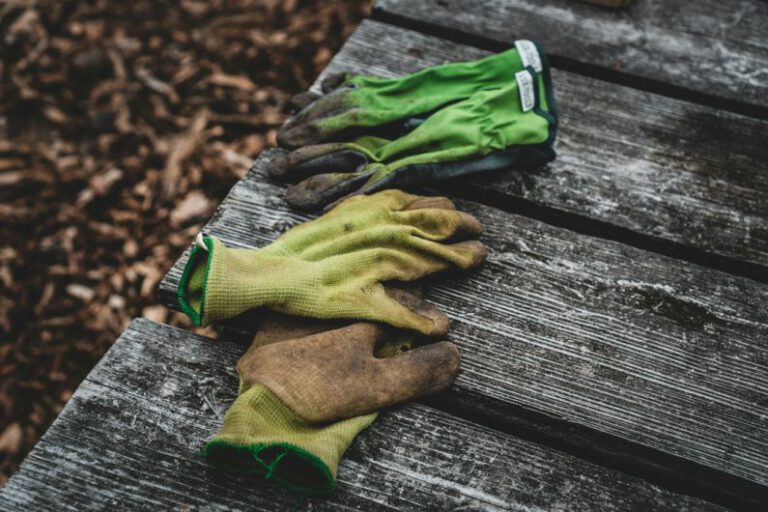Storing Bulbs and Seeds for Optimal Germination
Gardening enthusiasts know that the key to a successful garden lies in the quality of the plants they grow. To achieve thriving plants, it is important to start with high-quality bulbs and seeds. Equally crucial is the way in which these bulbs and seeds are stored. Proper storage ensures the preservation of their viability, allowing for optimal germination. In this article, we will explore some effective methods for storing bulbs and seeds to maximize their potential.
Choosing the Right Containers
When it comes to storing bulbs and seeds, choosing the right containers is essential. Opt for containers that are clean, dry, and airtight to prevent moisture from seeping in. Glass jars with tight-fitting lids or plastic containers with sealing mechanisms are ideal choices. It is important to note that different types of bulbs and seeds require different storage conditions. Therefore, labeling the containers with the name, variety, and date of storage will help keep things organized.
Temperature and Humidity Control
Temperature and humidity are two critical factors that influence the viability of bulbs and seeds during storage. Most bulbs and seeds require cool, dark, and dry conditions to maintain their integrity. A temperature range between 35 to 50 degrees Fahrenheit (2 to 10 degrees Celsius) is generally recommended. Exposure to excessive heat or cold can cause damage, so it is important to find a suitable location for storage, such as a cool basement or refrigerator.
Furthermore, maintaining the right humidity level is crucial to prevent mold or mildew growth. Desiccants, such as silica gel packets, can be added to the storage containers to absorb excess moisture. Alternatively, storing bulbs and seeds with a small amount of dry sand or sawdust can also help in maintaining the desired humidity levels.
Preparing Bulbs for Storage
Before storing bulbs, a few preparatory steps can help enhance their chances of successful germination. Start by removing any excess dirt or debris from the bulbs. Inspect them carefully for signs of disease or damage, discarding any that appear unhealthy. Bulbs that are prone to rot, like tulips or daffodils, can benefit from a dusting of fungicide powder before storage. This precautionary measure helps prevent the spread of disease and ensures the bulbs remain in good condition.
Seed Drying and Treatment
Seeds, too, require certain preparations before storage to ensure their viability. First and foremost, they need to be thoroughly dried. Spread the seeds out on a clean, dry surface and allow them to air dry for a few days. Once they are completely dry, the seeds can be stored in airtight containers. To further protect them from pests or diseases, some gardeners choose to treat seeds with fungicides or insecticides. However, it is important to use these treatments sparingly and only when necessary, as they may affect the natural germination process.
Long-Term Storage Considerations
For those looking to store bulbs and seeds for an extended period, extra precautions should be taken. Regularly inspect the stored bulbs and seeds for signs of deterioration, such as mold or decay. If any issues are detected, it is important to remove the affected ones immediately to prevent further damage. Additionally, it is advisable to periodically check the temperature and humidity levels in the storage area to ensure they remain within the recommended range.
In conclusion, proper storage of bulbs and seeds is crucial for achieving optimal germination. By choosing the right containers, controlling temperature and humidity, and taking necessary preparatory steps, gardeners can enhance the chances of success in their gardening endeavors. With careful attention to storage conditions, gardeners can enjoy the satisfaction of watching their bulbs and seeds grow into healthy and vibrant plants.






